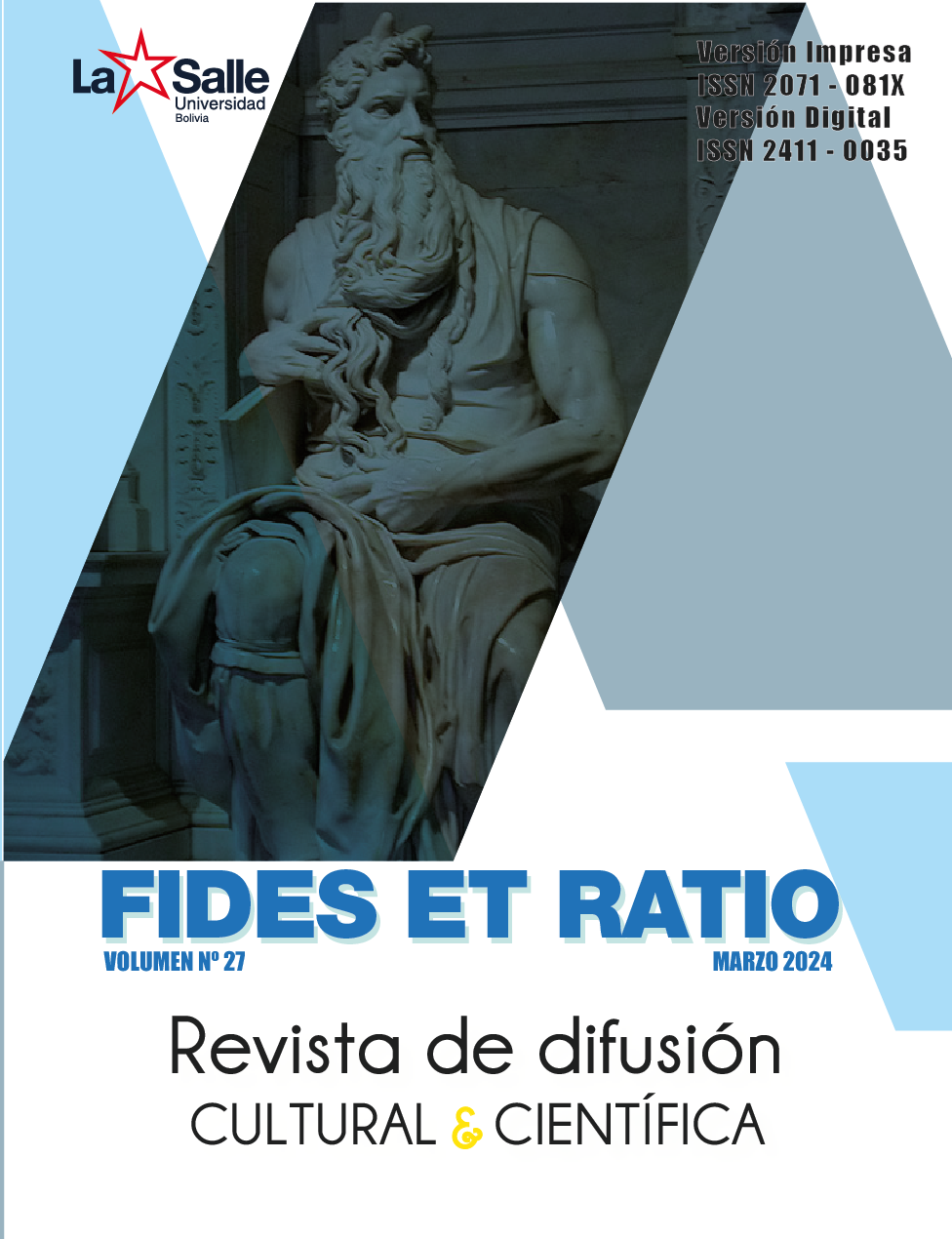Correlation between levels of perceived stress during the COVID-19 pandemic and resilience in older adult participants of the Municipal University of the Elderly (UMAM) and Communal Houses, both projects of the Unit of Older Adults (UPAM) dependent on the
- Authors
-
-
Tatiana Rosario Mendoza Ajarachi
, Instituto de Investigación en Ciencias Humanas y de la Educación, Universidad La Salle en BoliviaAuthor
-
- Keywords:
- COVID-19 pandemic, Older adults, Perceived stress, Resilience
- Abstract
-
From positive psychology, human potential is developed through facing adverse situations such as stress crises and difficulties, therefore, this position aims to make visible the strengths that older adults have in this case and enhance them in times of pandemic. The main objective of the research below is to establish the relationship between levels of perceived stress during the COVID-19 pandemic and resilience in older adults participating in both GAMLP projects; The study has a quantitative correlational approach, the population consisted of a sample made up of 213 adults aged 60 years and older participating in the UMAM and communal houses; To measure the study variables, the Perceived Stress Scale related to the COVID-19 pandemic (EEP-10-C) and the Wagnild and Young Resilience Scale (RE) were used. Data analysis was carried out using SPSS. in version 26. Regarding the results obtained, a statistically significant inverse relationship was found at the 0.01 level with a Chi square of 0.000%. Resilience is therefore an indicator of the benefit of these projects and the active aging of their participants, as well as a protective factor against the COVID-19 pandemic.
- Downloads
-
Download data is not yet available.
- Author Biography
- Downloads
- Published
- 2024-03-28
- Section
- Artículos
- License
-
Copyright (c) 2024 Universidad La Salle

This work is licensed under a Creative Commons Attribution-NonCommercial-ShareAlike 4.0 International License.










